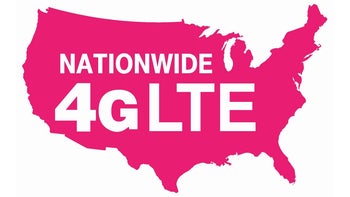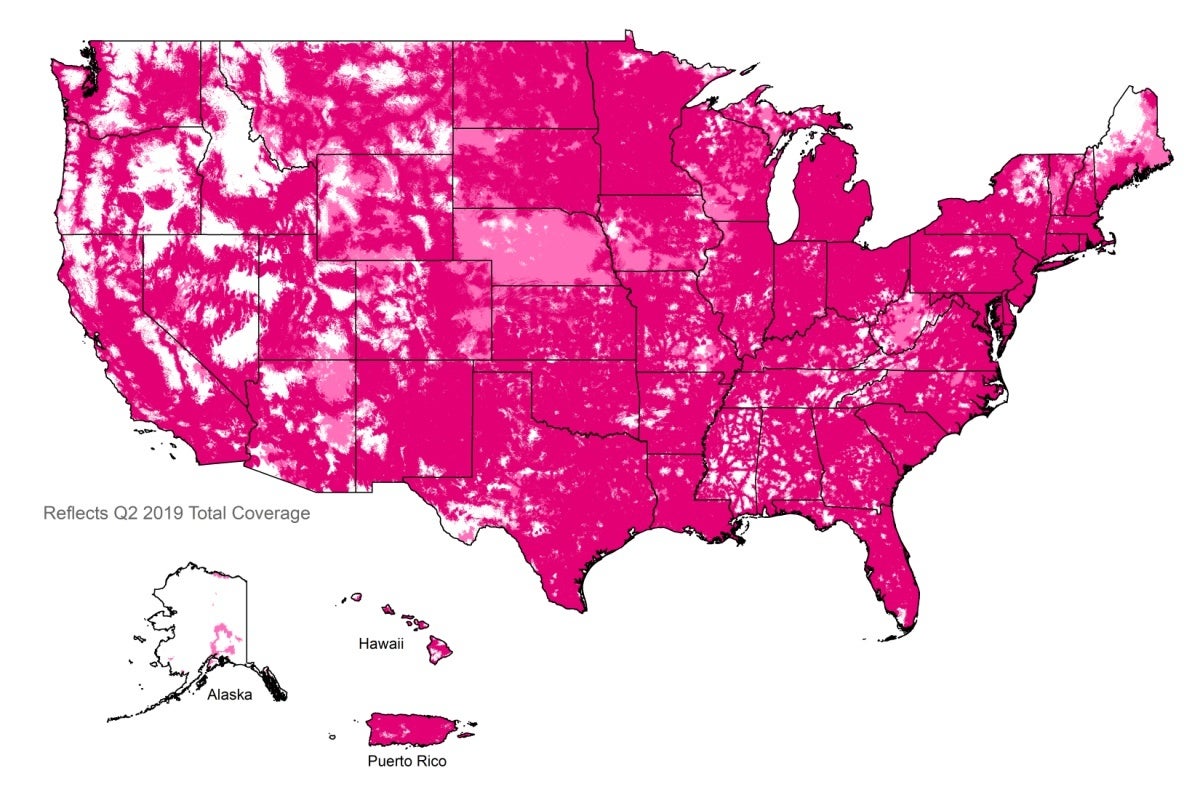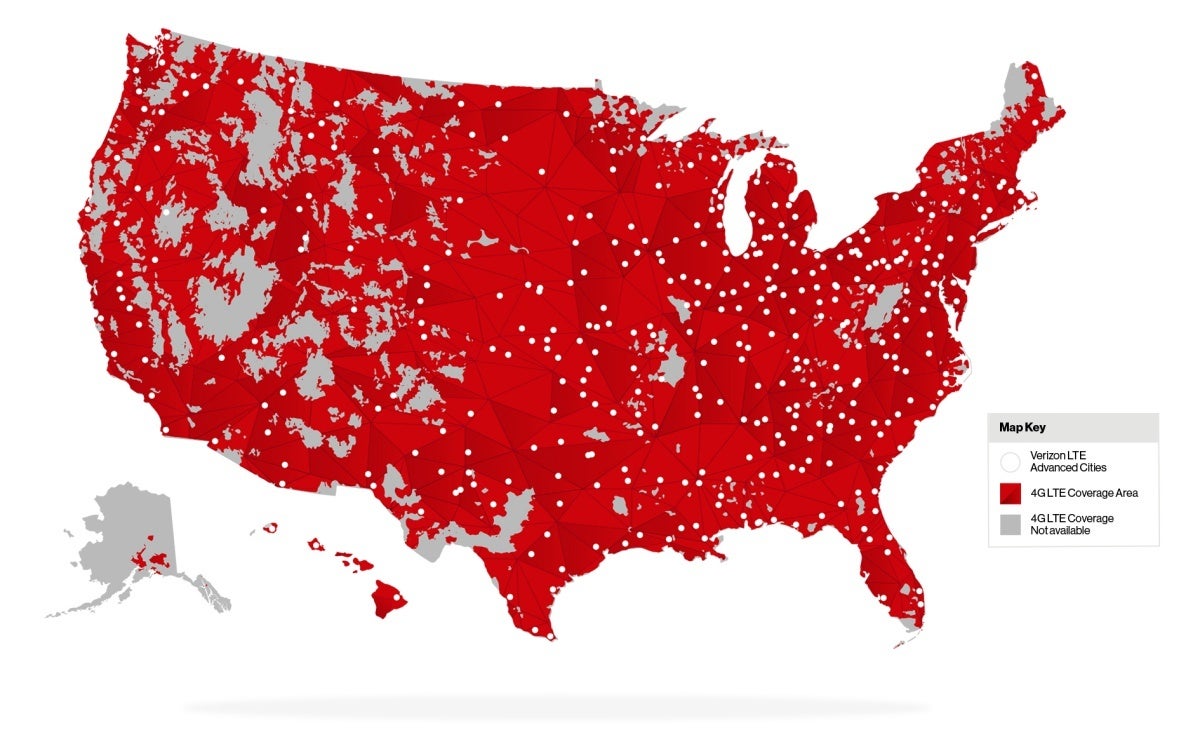T-Mobile says the FCC made a bunch of mistakes when testing its 4G coverage

Now that it looks like T-Mobile and Sprint will finally be allowed to merge in the very near future, the "Un-carrier" can start focusing on other things having to do with its elaborate 5G expansion strategy and... defending its 4G LTE network from Verizon attacks and damning FCC accusations.
While the Federal Communications Commission was itself accused of clearing the union between the nation's third and fourth-largest wireless service providers without exercising due diligence, an FCC Staff Report published a couple of months ago concluded T-Mobile was guilty of gross 4G coverage misrepresentation, as were Verizon and US Cellular.
Curiously enough, Commission Chairman Ajit Pai expressed no intention of further punishing any of the three publicly reprimanded carriers, which isn't stopping Team Magenta from trying to protect its reputation by countering the misconduct allegations.
The FCC's tests were limited, unsound, and outright flawed
T-Mobile is not mincing words in an official February 17 reaction to the December 4 report summarizing the findings of the FCC's coverage maps investigation, taking issue with said findings on four main grounds.
First, T-Mo claims the tests were not thorough enough to draw their "broad conclusions", covering just seven locations in two states, where only "one experience of network loading" and a single measurement conducted in one place, at one time of day and one day of the week, was used to extrapolate data with an unsound "statistical basis." Otherwise put, the "Un-carrier's" defense is that the FCC's testers caught its network at a bad time in a bad place, not bothering to repeat or expand their evaluations to obtain more data.

If that argument sounds flimsy, you're unlikely to be convinced of T-Mobile's "innocence" after you hear its second point of defense. While it might be true that the FCC disregarded its own requirements by measuring in-vehicle rather than outdoor coverage, it's pretty lame to blame low speeds on "signal attenuation due to blockage from the vehicle" nowadays.
That being said, T-Mobile's third and fourth arguments seem far more solid, pointing the finger at testers for "failing to recognize or remedy the fact that their device was locked onto a 3G signal while attempting to test 4G speeds" in many instances, as well as making "obvious measurement errors." That last part is a bit technical to tackle in a lot of detail, but all in all, the fact the "Un-carrier" is fighting these accusations in this much detail strongly suggests the FCC did botch its testing in some pretty big ways.
No reaction from Verizon and US Cellular
Given all the alleged FCC testing errors, breaches of protocol, and methodological flaws highlighted by T-Mobile, you have to seriously wonder why the other two admonished carriers are staying silent on this delicate matter.
We're not saying that's an admission of guilt on Verizon and US Cellular's part, especially considering the fact the two's responses could still come at a later date. But it's interesting to also point out that T-Mobile describes its interaction with FCC staff as "limited" prior to the December 4 release of this contentious report.

Furthermore, T-Mo is not happy the report was released "without notice or an opportunity to discuss the assumptions" underlying its coverage maps, while both Verizon and US Cellular apparently received subpoenas.
In other words, T-Mobile is feeling essentially persecuted and personally targeted, which certainly explains why the "Un-carrier" felt the need to set the record straight despite facing no fine or any type of penalty for being found guilty in this somewhat dubious investigation. Keep in mind that exaggerating coverage is a very serious accusation, especially in connection to the allocation of the FCC's limited universal service funds.
That basically means that a major carrier could intentionally misrepresent its coverage to gain government funding that would otherwise go to smaller mobile network operators that may need the financial help to stay in business and provide wireless service in underserved areas. No one ever explicitly said that was the case here, but all things considered, Verizon and US Cellular might want to follow T-Mobile's suit and at least try to defend their reputations as well.












Things that are NOT allowed: